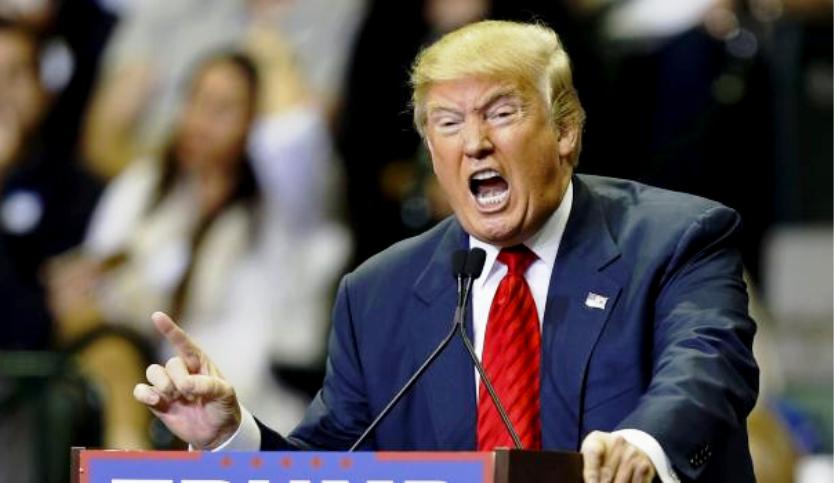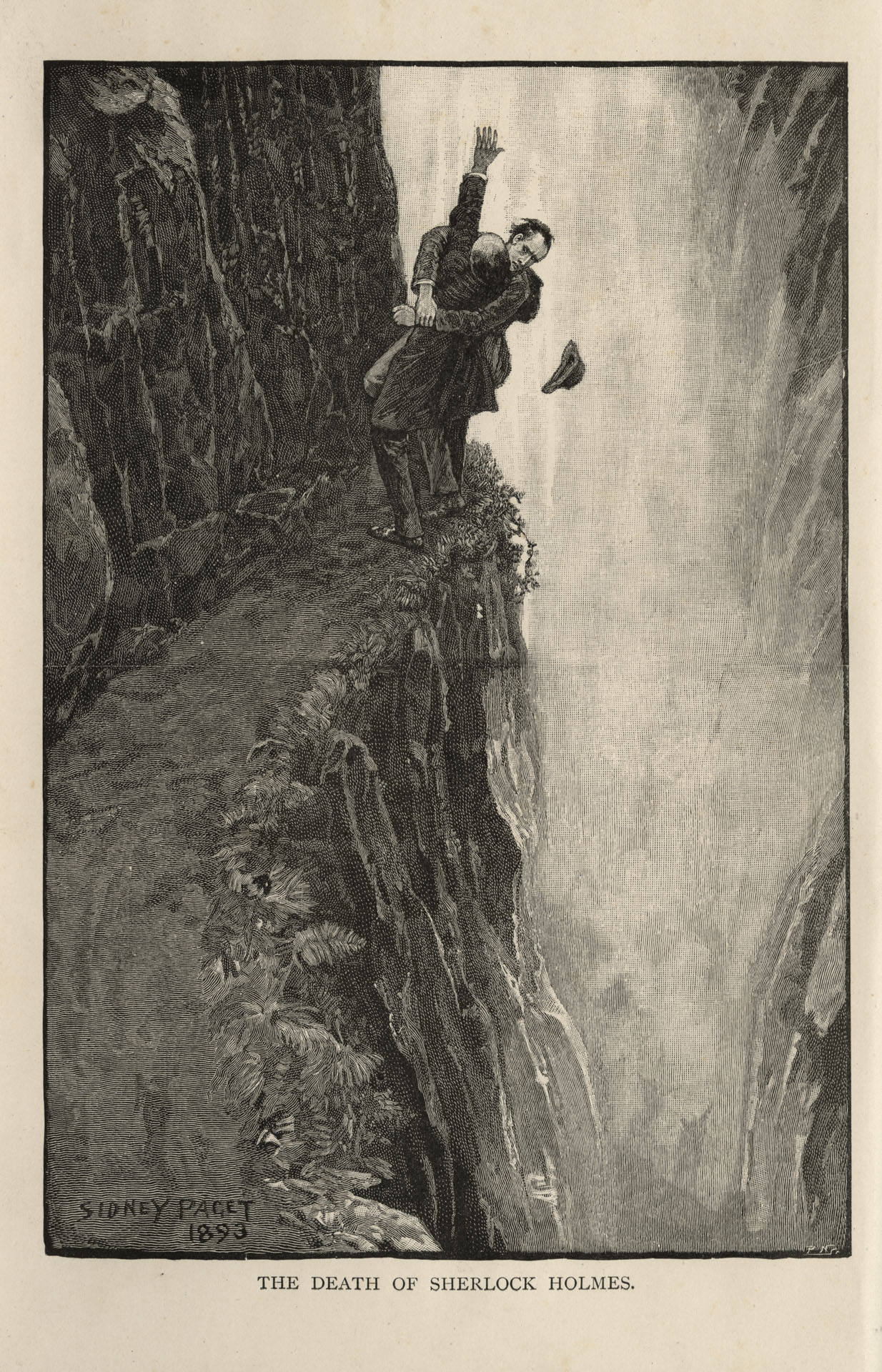According to supporters, part of the rise of Donald Trump is due to his compulsion to “tell it like it is.”

While a large part of his rhetoric is insulting, Trump rationalizes that he does so to wake us all up to the fact that “America isn’t great” anymore. Whether you agree with that last statement or not is a question for another day. The question I’m interested in is this: Does civility matter?
In researching that question, I was surprised to discover The Institute for Civility in Government, a non-partisan 501(c)(3) non-profit dedicated to spreading “the word in your community that differences in ideology are not insurmountable, that dialogue trumps discord, and that treating adversaries as enemies is not an acceptable way to conduct politics in the United States.”
“Civility,” the institute writes, “is about more than just politeness, although politeness is a necessary first step. It is about disagreeing without disrespect, seeking common ground as a starting point for dialogue about differences, listening past one’s preconceptions, and teaching others to do the same. Civility is the hard work of staying present even with those with whom we have deep-rooted and fierce disagreements. It is political in the sense that it is a necessary prerequisite for civic action. But it is political, too, in the sense that it is about negotiating interpersonal power such that everyone’s voice is heard, and nobody’s is ignored.”
In a story on recent Supreme Court Nominee Merrick Garland, the Institute’s Adam Zolkover writes (Mar. 24), “In an interview after the nomination, NPR legal correspondent Nina Totenberg pointed out to President Obama that he could have chosen a candidate for the highest court who would be much more satisfying to his liberal base, and who might more effectively inflame Democrats’ passions in an election year. Asked about the logic of choosing the seemingly moderate Garland instead, the President said this:
“ ‘This moment in our history – a time when judicial nominations have become so contentious, a time when our politics is so full of vitriol – I think particularly benefits from a man who by all accounts is decent, full of integrity, is someone who tries to hear the other side’s point of view, and can build bridges.’
“The President told Totenberg that Garland has ‘shown himself to be a consensus builder, and that he believes, rightly, that we’re at a time where the more consensus we can forge, the better off we’re going to be.’ ”
Garland’s integrity and civility is a matter of record. You have only to ask Republicans and Democrats as well as a number of his former law clerks.
Former clerk and current William & Mary Law School Professor Jeffrey Bellin writes, “He works behind the scenes to find common ground. When called upon to do so, he will explain to other judges why the record, the facts and the law support his view. If they don’t agree, he will listen. The resulting opinions are carefully crafted to find consensus, reflecting the reality, not the rhetoric, of ‘rule of law.’
“The most telltale sign of Garland’s influence,” Bellin adds, “is not blazing rhetoric; it is that a diverse group of judges will agree on the resolution of an otherwise polarizing case.”
And there are many others who support Bellin’s assessment.
Listening, seeking common ground; considering the combativeness in Washington, Garland certainly sounds like the right person for the times.
Returning to the central question, does civility matter?, Zolkover points to a recent poll (Jan. 28) by Weber-Shadwick: “Eighty-three percent of likely voters report that they are paying close attention to national politics, and nearly all likely voters (93 percent) say a candidate’s tone or level of civility will be an important factor in deciding how they cast their votes in the 2016 presidential election, with more than half (52 percent) saying it will be a ‘very’ important factor. Half of all likely voters (51 percent) say they had not voted for a candidate in the past because of uncivil behavior.
“Likely voters,” the poll says, “rate Donald Trump, former Secretary of State Hillary Clinton and New Jersey Governor Chris Christie the most uncivil candidates, at 79 percent, 39 percent and 37 percent, respectively. Broken down by party affiliation, Democrats likely to vote cite Trump (90 percent), Christie (47 percent) and Texas Senator Ted Cruz (44 percent) as the most uncivil. Republicans likely to vote cite Trump (67 percent), Clinton (64 percent) and Vermont Senator Bernie Sanders (31 percent) as the most uncivil.
“Nearly all Americans, 95 percent, say civility is a problem, with three-quarters (74 percent) saying civility has declined in the past few years and two-thirds (67 percent) saying it is a major problem today. In the online poll conducted among 1,005 adults 18 years and older from January 7 to 14, 70 percent also say that incivility in this country has risen to ‘crisis’ levels, up from 65 percent in 2014.”
And here’s what’s most interesting to me.
“Asked to identify the groups contributing most to the lack of civility in society, both likely voters and the overall public cite politicians, the Internet/social media and the news media as the top three sources – each being named by more than half the respondents.”
Too often we see political pundits on radio using insulting language in their attempts at swaying voters in one direction of another. Nearly all cite their First Amendment rights.
However, “Three-quarters (75 percent) of likely voters,” Weber points out, “say the media has a responsibility to decrease incivility; two-thirds (65 percent) say nonstop media coverage makes incivility appear worse than it actually is; and 73 percent say politicians are uncivil in order to attract attention. Still, by more than a two-to-one margin, likely voters believe the media should report news about uncivil candidates rather than ignore them (70 vs. 30 percent, respectively).”
Earlier this year (Jan 14), The Des Moines Register sponsored ethicist and teacher Michael Josephson to moderate a public forum on civility in politics. Some of their conclusions:
“What is campaigning if not entertainment?” Brandi Dye, a Drake University student said. “That’s what we thrive in. That’s what we’re Googling. … We love the nonsense. We love the meanness.”
“Josephson asked panelists to address the popularity of Donald Trump, who despite many controversial statements has continually lingered near the top of Republican polls.
“[Drake University Professor Dennis] Goldford said some people may feel Trump’s blunt statements are more honest than the words of candidates more concerned with civility, adding that politics is ‘not purely an academic seminar,’ and there’s ‘a carnival aspect of American politics that you can’t get around.’
“But he added, ‘I would like people to be very honest and open, but you can do it with respect.’ ”
All agreed that the media plays a role in all this.
“Josephson and audience members repeatedly asked whether the media perpetuates incivility in politics. For example, Trump gets attention for his blunt, controversial comments, Josephson said.
“[Political columnist Kathie] Obradovich said reporters are supposed to report on what candidates say, regardless of whether the politicians’ comments are considered civil. ‘Reporting what presidential candidates say is not bad for society,’ she said. ‘I’m not the gatekeeper to decide whether you hear something or not.’ ”
As the current political Incivility Tour continues, all agreed that, when it comes to politics, we can do better.
“The key to competing in a presidential election, Professor Goldford said, “is to remember that we all have to live together when it’s over.”
Can I have an, Amen!
Comments









